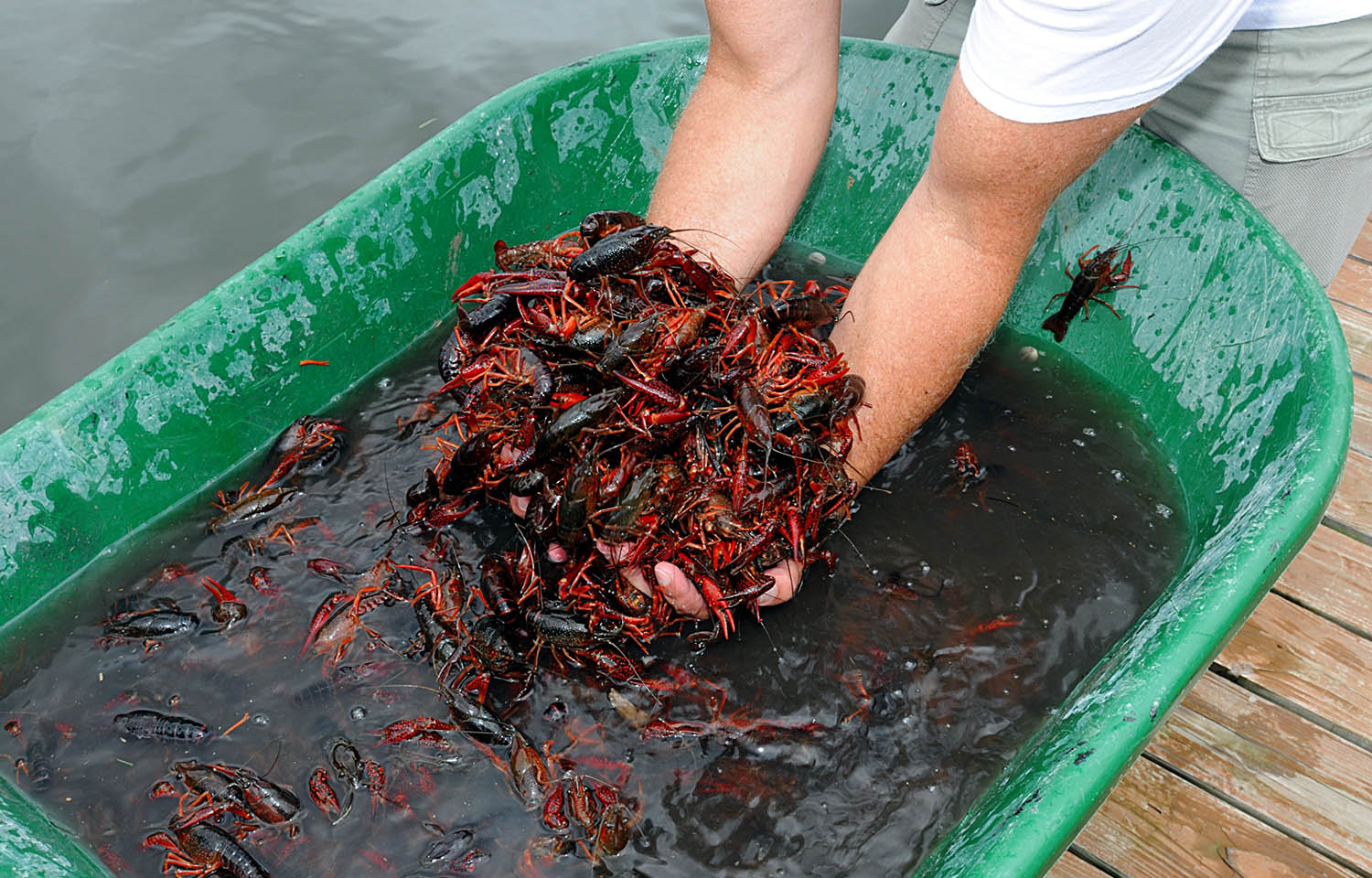Experts are predicting a drastic shortage of crawfish in the U.S. state of Louisiana, and in response, U.S. Representative Clay Higgins (R-Louisiana) is seeking federal financial relief.
“It’s going to be the worst season ever,” Louisiana State University AgCenter Representative Mark Shirley told the Louisiana Radio Network. “The population is just not there.”
A severe drought in 2023, as well as a recent freeze, has had a devastating impact on domestic crawfish production, resulting in limited availability and higher prices. In a letter to U.S. Department of Agriculture Secretary Tom Vilsack, Higgins asked for federal relief.
“The 2023 drought has led to an alarming decrease in crawfish production across approximately 45,000 acres of ponds,” Higgins said. “This has been compounded by a recent freeze event, worsening challenges faced by our farmers. The Louisiana State University’s Agriculture Center estimated the potential losses to be nearly USD 140 million [EUR 130 million] due to the combined drought and freeze. This figure represents a significant portion of the state’s USD 230 million [EUR 214 million] crawfish industry, underscoring the severity of the situation.”
Experts previously expressed concern that the drought could have a major impact on the upcoming crawfish season. In September 2023, U.S. Representative Julia Letlow (R-Louisiana) introduced the Drought Assistance Improvement Act, a bill that would expand some disaster aid eligibility to crawfish farmers affected by drought.
“Louisiana has been experiencing record droughts, affecting the livelihood of our farmers and producers,” Letlow said. “This proposal is the first step in addressing shortcomings of how we use the drought monitoring system to distribute disaster relief payments to our hardworking producers.”
The Louisiana Farm Bureau supports the legislation.
“Farm Bureau stands behind the Drought Assistance Improvement Act to make the disaster programs in the Farm Bill work better for our cattle ranchers and crawfish farmers,” Louisiana Farm Bureau Federation President Jim Harper said. “As a crawfish farmer myself, I see what a lack of rain does to yields.”
Despite the crawfish shortage raising prices and impacting availability, Higgins also renewed his call for stronger protections from imported crawfish.
“Strict standards for these imports are essential to guarantee fair competition and safeguard consumer health, as they ensure that imported products meet the same safety and quality requirements as domestic products,” Higgins said. “Additionally, high standards for imports promote global adherence to best practices in aquaculture, benefiting producers and consumers by fostering a culture of excellence and safety in the industry.”
Photo courtesy of Shutterstock/Chuck Wagner







